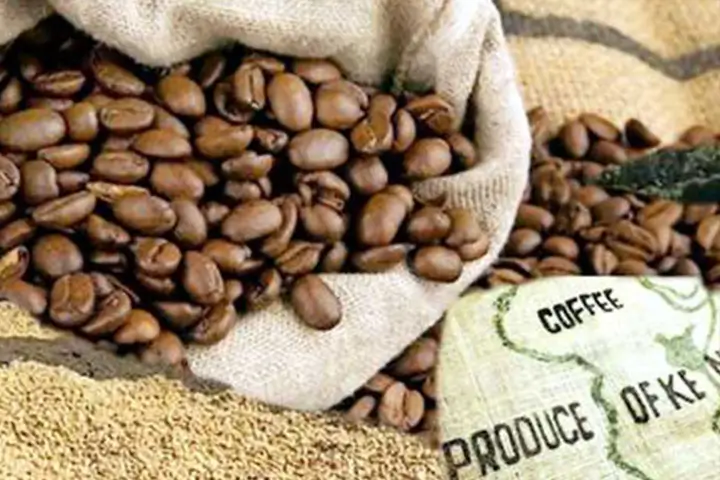
In Kenya’s coffee industry, a cloud of uncertainty looms as the Nairobi Coffee Exchange (NCE) enters its third week of suspended operations. The suspension has resulted in confusion surrounding trading permits for farmers and traders alike, leaving them in a state of limbo.
Industry insiders point to the government’s decision to halt coffee brokerage and marketing licenses as the root cause of the suspended auctions. These suspensions have been implemented pending comprehensive reforms in the coffee sales process, contributing to the current trading standstill.
Since July 6, 2023, when the current marketing season resumed, there has been no trading at the auction, leaving coffee farmers burdened with stocks of their prized produce that they are unable to sell.
A reliable source connected to the auction conveyed, “The auction resumed from recess on July 6, but there hasn’t been any trading for three weeks now. There was no trading on July 6, July 13, and even today, July 20, all is silent.”
The situation has been further complicated by the government’s failure to fulfill its promise to extend existing marketing and brokerage permits by three months, allowing them to remain valid until September. Without this extension, all permits are rendered invalid, effectively halting any trading activities at the auction.
In response to the concerns surrounding conflicts of interest among various players in the coffee trading chain, Agriculture and Livestock Development Cabinet Secretary Mithika Linturi addressed the matter. He acknowledged that multiple entities participate in the coffee trade along the value chain, performing different roles from farm to cup. However, potential conflicts of interest among these players needed to be addressed urgently to protect the interests of coffee farmers.
Linturi emphasized that millers, brokers, and buyers are licensed by different authorities – county governments, the Capital Markets Authority, and the Agriculture and Food Authority’s Coffee Directorate, respectively. Yet, it has come to the ministry’s attention that in some cases, the provisions of the Crops (Coffee) (General) Regulations, 2019 have not been strictly adhered to by the licensing authorities.
Accordingly, the Ministry directed that all existing licenses held by various players in the coffee value chain be renewed. This renewal process aims to streamline the licensing procedure and ensure compliance with the provisions of the Regulations.
Kenya’s coffee is highly sought after by roasters and blenders worldwide, making the country a significant player in the global coffee market. The international prices set in the global market serve as a benchmark for determining the local prices at the Nairobi Coffee Exchange.
While the reforms are intended to address underlying issues and strengthen the coffee industry, the current suspension has created challenges for farmers and traders who eagerly await the resumption of coffee auctions. The government’s efforts to resolve conflicts of interest and streamline licensing are vital steps towards a fair and prosperous coffee trading ecosystem in Kenya. However, it is essential for all stakeholders to work together to find a prompt resolution to the current impasse and ensure the steady flow of this prized commodity to global markets.
Stay updated with the latest farming tips and agriculture industry news from Africa by subscribing to our newsletter. Don’t miss out on valuable insights and updates. Follow us on Twitter, LinkedIn, and Facebook to join our farming community and stay connected with us.



















